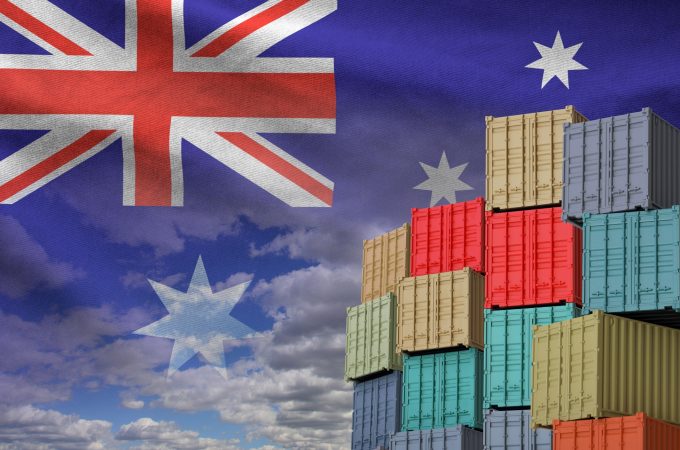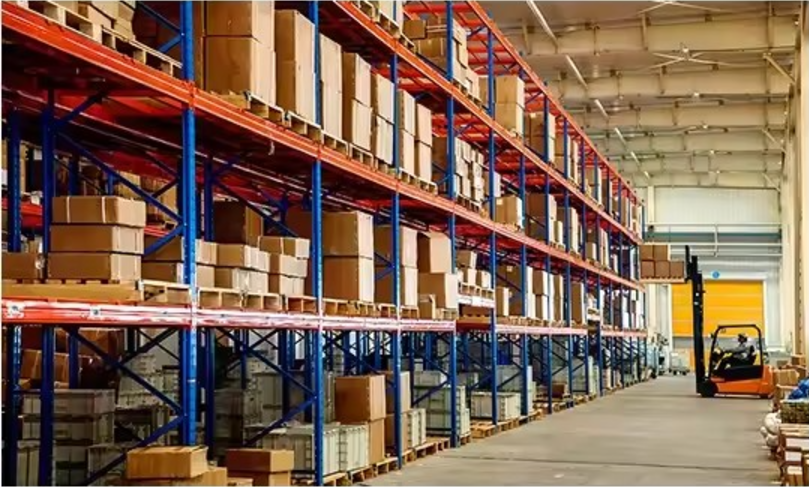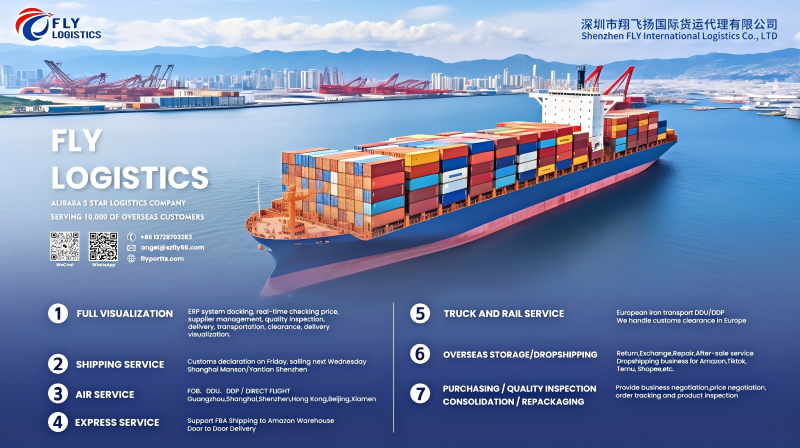Months of union campaigns against Qube at ports such as Brisbane, Kembla, Melbourne, Adelaide, Darwin and Fremantle have come to an end recently, with the Maritime Union of Australia (MUA) deciding to lift protected industrial action.
While this marks a positive step forward, “widespread delays in loading, unloading, and transporting cargo have created significant backlogs that are expected to impact supply chains in the short term.”
Earlier, some ships were reportedly waiting around ports for more than 10 days, unable to dock. There is a backlog of 48,000 containers at ports across Australia, causing serious disruptions to shipping.
Ronald Spahr, president of Australian freight forwarder ICE, warned that the timeline for resolving delays was “uncertain”, but noted that shipping lines would have the most accurate information about when ships could enter ports. He told businesses to “implement viable strategies to strengthen supply chain resilience” as other industrial actions are expected in the Australian maritime industry. Spahr further explained that ICE’s mitigation strategy includes identifying alternative routes and ports, and advising customers to consider deferring shipments and bookings or using alternative modes of transport such as air freight “where appropriate”. He added: “Using advanced technology to improve supply chain visibility and maintain buffer stocks can provide significant advantages.” Spahr concluded: “The ocean shipping business is subject to a variety of geopolitical and local factors, so proactive planning is essential. In today’s dynamic global logistics environment, protecting the supply chain from disruption requires a proactive approach.”
Previously, the Australian Shipping Industry Association called for reforms to Australia’s industrial relations laws and policies “so that no single group, agency, or entity has the ability to ‘blackmail’ the entire country.” It is pushing for more strike notices and fixed-time, staggered negotiation procedures to avoid long stoppages at multiple ports at the same time.
The end of the Australian port strike has resulted in a backlog of cargo, creating significant challenges for logistics agents. Here’s how they can effectively deal with the situation:
Prioritize and reschedule shipments
- Identify urgent shipments such as perishable goods, high-value cargo, and time-sensitive orders, ensuring they receive priority for clearance.
- Work closely with shipping lines and port authorities to secure available slots and expedite handling.
- Communicate with customers about potential delays and provide revised delivery schedules.
Explore alternative ports and routes
- If congestion remains severe, consider diverting cargo to less affected ports like Brisbane or Adelaide.
- Utilize air freight or rail options for urgent shipments, despite higher costs.
- Optimize inland transportation to prevent secondary bottlenecks at warehouses and distribution centers.

Leverage warehousing solutions
- Secure temporary warehousing near ports to store cargo until transportation improves.
- Utilize third-party logistics (3PL) services to handle overflow cargo efficiently.
FLY Logistic has more than 200,000 square feet of overseas warehouses in the United States, the United Kingdom, and Canada. It is located on the west coast of the United States, close to Los Angeles, and is strategically located to meet the unique needs of e-commerce companies, including those selling on platforms such as Amazon, Shopify, TikTok, and Temu. We understand the challenges you face, and our comprehensive suite of services can effectively solve your pain points.
Strengthen coordination with freight partners
- Maintain constant communication with shipping lines, trucking companies, and customs brokers to stay updated on the latest developments.
- Negotiate flexible contracts with carriers to adjust routes and rates based on delays.
Implement digital tracking and visibility solutions
- Use real-time tracking systems to monitor cargo movement and avoid unnecessary storage fees.
- Leverage AI-based predictive analytics to plan for future disruptions and optimize supply chain strategies.
Manage customer expectations proactively
- Provide transparent and frequent updates on cargo status to maintain trust.
- Offer alternative fulfillment options, such as drop shipping from warehouses closer to customers.
Prepare for future disruptions
- Diversify supply chain routes to reduce dependence on single ports.
- Establish contingency plans with multi-modal transport options to enhance flexibility.
- Strengthen supplier relationships to mitigate risks in future disruptions.
Faced with the continued cargo backlog and logistics challenges after the end of the Australian port strike, companies need to act quickly to avoid further supply chain disruptions. With more than ten years of professional freight forwarding experience, Fly Logistics can provide you with a full range of logistics solutions, such as sea, air, rail, truck, and express delivery, and support multiple service modes such as DDP, DDU, and DAP. We have strong customs clearance capabilities and comprehensive compensation services in the European and American markets to ensure the safe and efficient delivery of your goods. The current port backlog is serious. It is recommended that you contact us as soon as possible to arrange shipment in advance to avoid delays affecting your business operations. Feel free to inquire; we will customize the best logistics solution for you!





